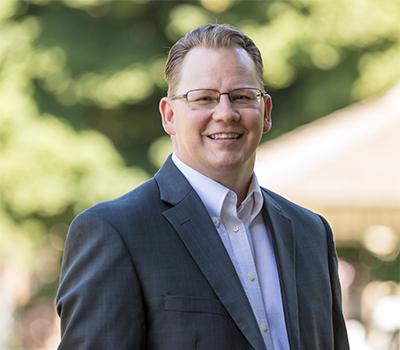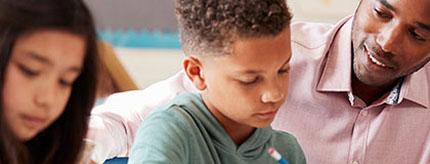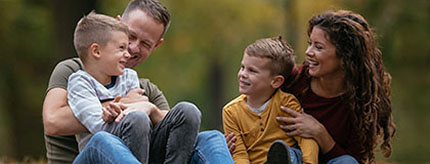
Superintendent Chris Reykdal
How do I...?
Families and Students
- access special education services?
- learn about graduation requirements?
- explore learning resources for mathematics?
- find school safety protocols?
- access resources for online learning?
Educators
- apply for my teaching certificate?
- find support for multilingual learners?
- complete the fingerprint background check?
- find approved clock hour providers?
- learn more about:















